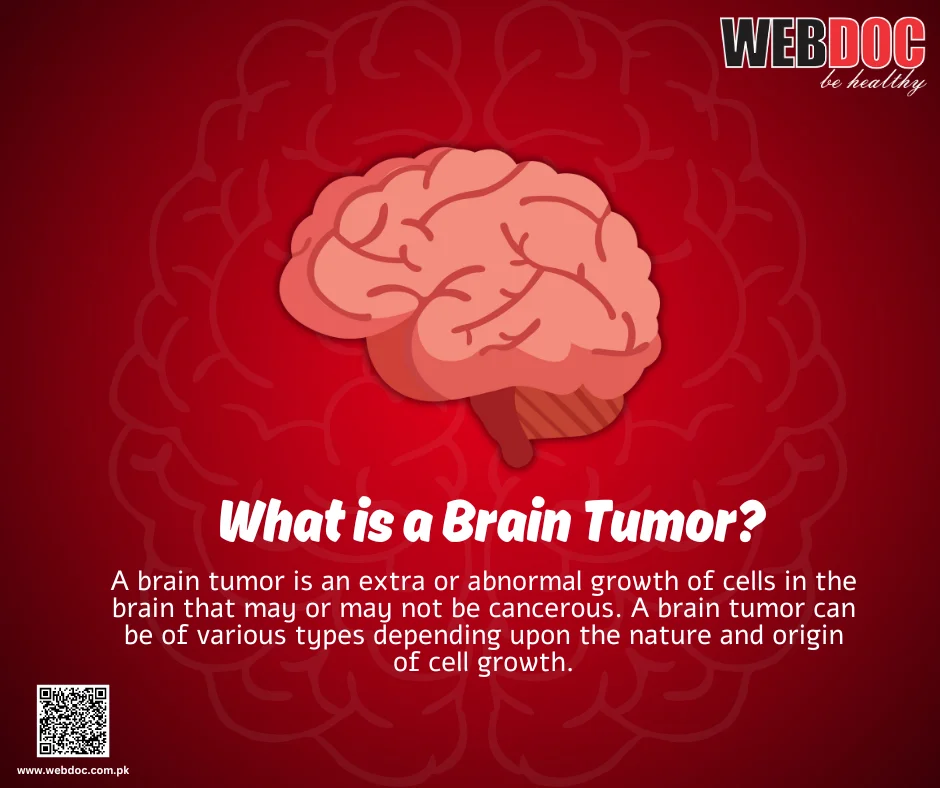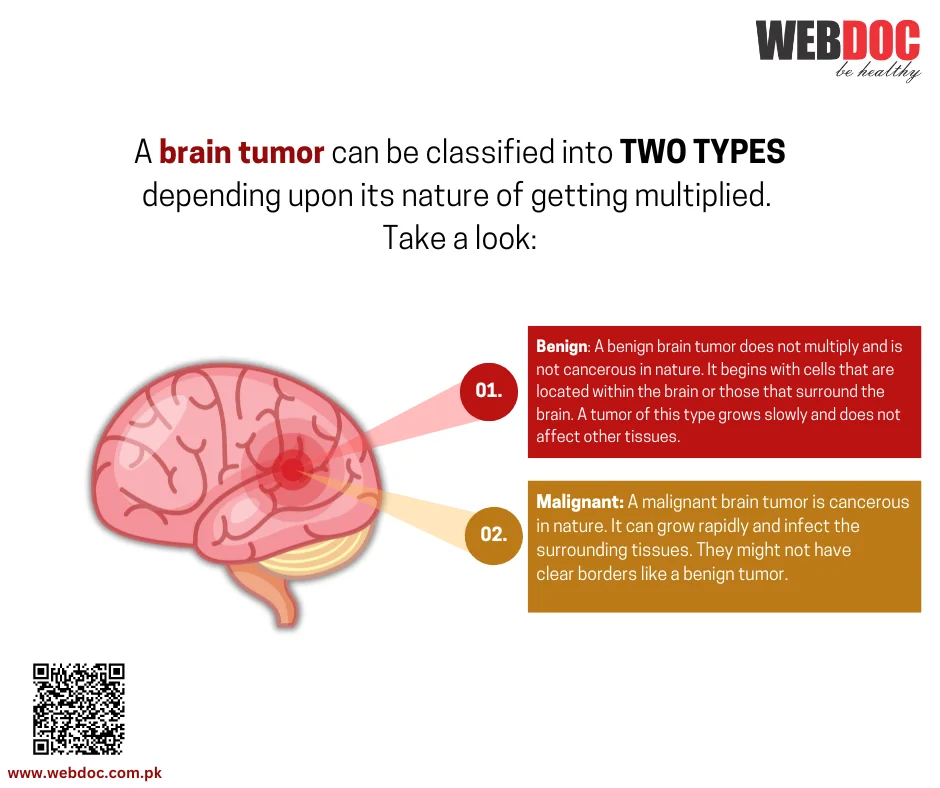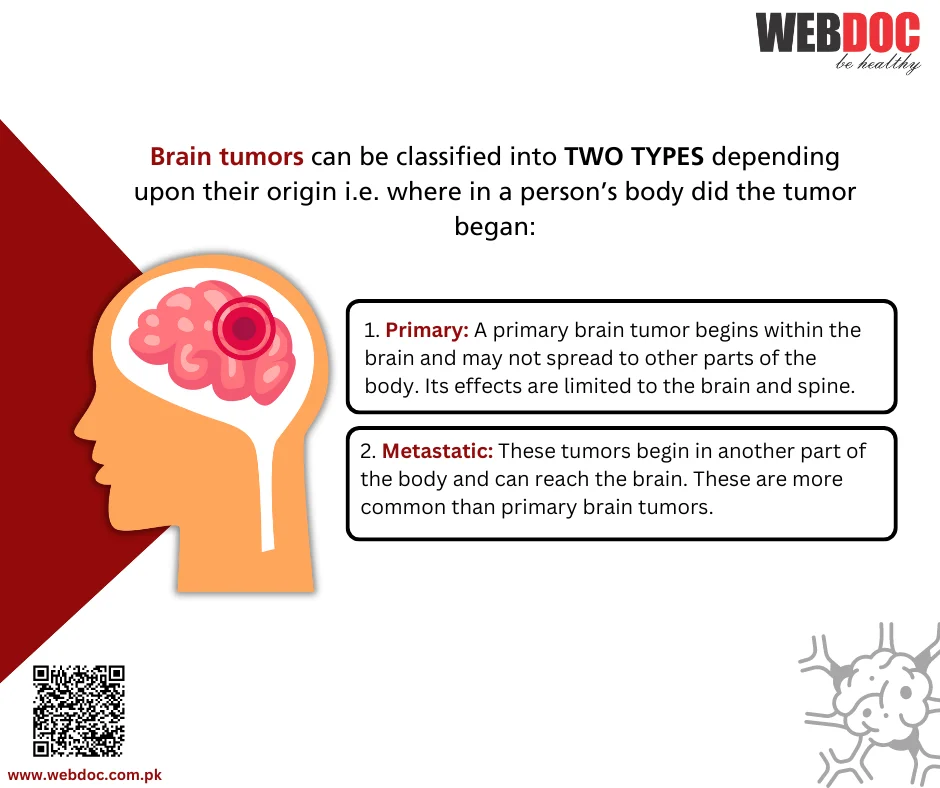Raising Awareness and Supporting Patients
World Brain Tumor Day, observed annually on June 8th, is a day dedicated to raising awareness about brain tumors and supporting those affected by this challenging diagnosis. This day serves as a reminder of the critical need for research, patient support, and public education regarding brain tumors.
The Origins of World Brain Tumor Day
World Brain Tumor Day was established in 2000 by the German Brain Tumor Association (Deutsche Hirntumorhilfe e.V.), an organization committed to supporting brain tumor patients and their families. The observance has since grown into a global event, recognized by healthcare professionals, patient advocacy groups, and research organizations worldwide.
Understanding Brain Tumors
A brain tumor is an abnormal growth of cells within the brain or its surrounding structures. Tumors can be benign (non-cancerous) or malignant (cancerous), with malignant tumors being more aggressive and likely to spread. The exact cause of brain tumors is often unknown, but genetic factors, environmental exposures, and previous radiation therapy are among the contributing factors.
Symptoms of brain tumors vary widely depending on the tumor’s size, type, and location. Common symptoms include headaches, seizures, vision or hearing problems, changes in personality or behavior, and difficulties with balance or coordination.
The Importance of Awareness and Early Detection
Early detection of brain tumors significantly improves the chances of successful treatment. World Brain Tumor Day emphasizes the importance of recognizing symptoms early and seeking medical advice promptly. Public awareness campaigns aim to educate people about the warning signs of brain tumors and the importance of regular health check-ups.
Advances in Research and Treatment
Research into brain tumors is ongoing, with scientists striving to understand the molecular and genetic underpinnings of these tumors. Advances in medical technology have improved diagnostic techniques, such as MRI and CT scans, enabling earlier and more accurate detection.
Treatment options for brain tumors typically include surgery, radiation therapy, and chemotherapy. In recent years, targeted therapies and immunotherapies have shown promise in treating certain types of brain tumors. Clinical trials continue to explore new treatments and improve existing ones, offering hope to patients and their families.
Supporting Patients and Families
Living with a brain tumor can be physically and emotionally challenging. World Brain Tumor Day underscores the importance of providing comprehensive support to patients and their families. Support groups, counseling services, and patient advocacy organizations play a vital role in offering emotional support, practical advice, and information about treatment options.
How You Can Help
There are several ways individuals can contribute to the cause on World Brain Tumor Day:
- Educate Yourself and Others: Learn about brain tumors and share information with your community to raise awareness.
- Support Research: Donate to organizations funding brain tumor research or participate in fundraising events.
- Volunteer: Offer your time and skills to support patient advocacy groups or local healthcare facilities.
- Advocate for Better Care: Support policies that improve healthcare access and funding for brain tumor research and patient services.
Conclusion
World Brain Tumor Day is a crucial observance that brings attention to the challenges faced by brain tumor patients and the ongoing need for research and support. By raising awareness, supporting research, and advocating for better care, we can make a difference in the lives of those affected by brain tumors. Together, we can work towards a future where brain tumors are better understood, more effectively treated, and ultimately, cured.





Leave A Comment